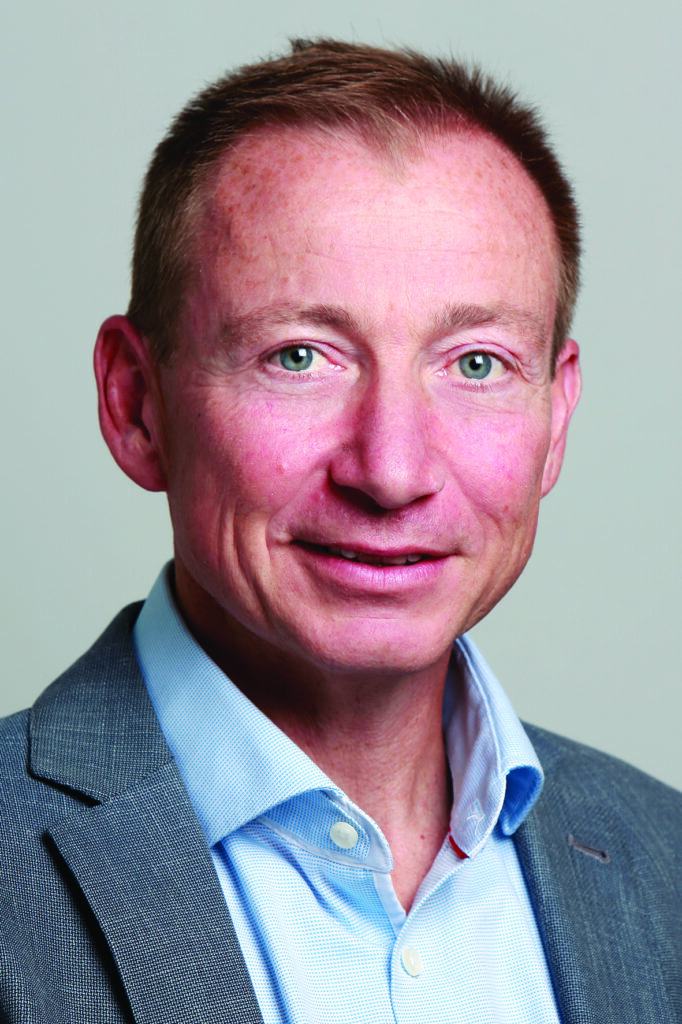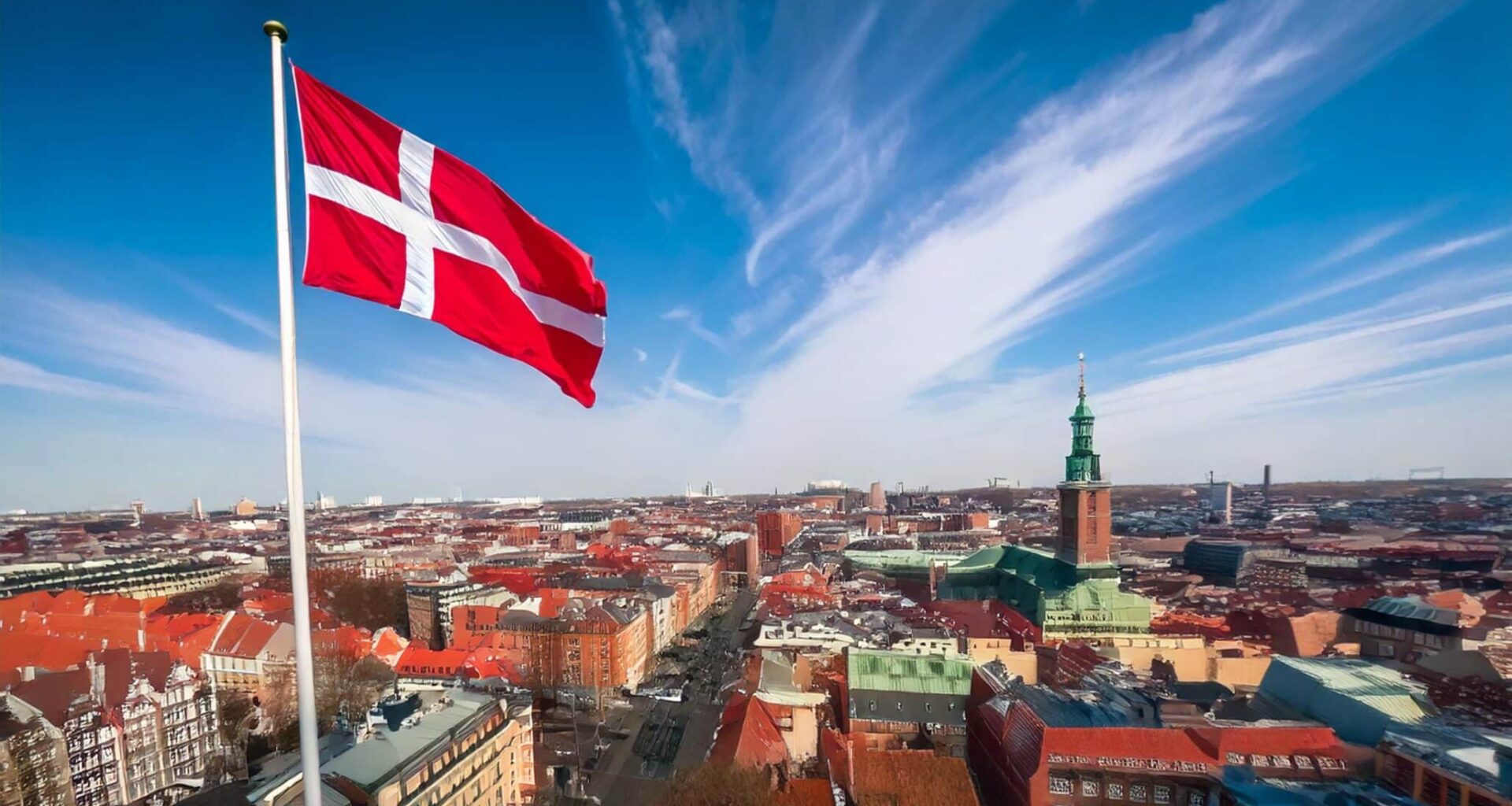On July 1, 2025, Denmark assumed the six-month rotating presidency of the Council of the EU, part of a trio that includes the previous presidency Poland and subsequent Cyprus through mid-2026. Positioned under the banner “A Strong Europe in a Changing World,” Denmark inherits from Poland the mantle of an “honest broker”, responsible for shepherding complex files through trilogue negotiations with the European Parliament and Commission.
Beyond headline themes like defence, trade, migration, climate, and competitiveness, two technical but pivotal seed-sector dossiers stand in sharp focus: Plant Reproductive Material (PRM) and New Genomic Techniques (NGT) regulations. Both are core to Europe’s ambitions for agricultural innovation, resilience, and global competitiveness.
Plant Reproductive Material (PRM): Carrying the Volt from Poland
PRM reform has progressed steadily under the Polish Presidency (January – June 2025), earning praise for carving new space in the policy landscape. Euroseeds hailed the Polish Presidency’s dedication, including progress reports and legislative groundwork that set the stage for Denmark’s responsibility to see the file through.
On June 23, 2025, Euroseeds formally thanked Poland, encouraging Denmark to “continue this important work and bring the process to a successful conclusion”, noting PRM as “key for innovation, competitiveness and quality in EU agriculture”.

 Nils Elmegaard
Nils ElmegaardThis call echoes comments from Garlich von Essen, Euroseeds’ Secretary General: “As an industry that relies on legal clarity and innovation‑friendly regulation, we deeply appreciate … the Polish Presidency … We now look to the Danish Presidency to continue this important work and bring the process to a successful conclusion.”
Denmark enters its term with a clear mandate: finalise trilogue agreements, iron out technical layers (such as certification, category definitions, and harmonised marketing rules), and embed provisions that support seed innovation — especially for climate resilience, biodiversity, and plant health.
Although the mandate is clear, it is obvious that the PRM file is rather comprehensive, so a conclusion on this file is not easy.
New Genomic Techniques (NGT): Gene‑Editing in the Crosshairs
While PRM has advanced multiple stages into trilogue, the Regulation on NGTs — covering gene-editing and genomic innovations — remains more politically charged. Yet again, Euroseeds casts its hopes on Denmark to deliver results on this crucial file.
On July 1, 2025, Euroseeds called on the Danish Presidency to “make the successful conclusion of negotiations on a new Regulation on New Genomic Techniques one of its top priorities”, citing NGTs as “indispensable tools” for breeding innovation, and critical to maintaining Europe’s global leadership in plant genetics.
Though a final trilogue session originally planned for late June was cancelled, Euroseeds insists this is no sign of collapse. Instead, compromise remains within reach thanks to broad political recognition of NGTs’ economic and environmental value.
Von Essen adds: “It is well‑known that there are still some important points where agreement has not yet been reached … there is a strong commitment to find the necessary compromises … under the Danish presidency as soon as possible.” The main obstacle to reach a compromise is the IP question on NGT’s.
Key unresolved issues include due diligence requirements for traceability and labelling, sustainability assessments, and the regulatory burden for research institutes and seed innovators. The EU must find middle ground between science-based flexibility and public oversight; Denmark is now tasked with brokering that accord.
Why These Files Matter – The Bigger Picture
Agricultural competitiveness:
Both PRM and NGT reforms signal clear intent to give EU farmers access to cutting-edge seed material. Faced with growing global competition and trade challenges, streamlined seeds regulations translate into increased yields, reduced costs, and diversified crop portfolio. NGT’s are a must for the whole food value chain and is breaking new ground. For PRM, we already have legislation in place that has proven solid for decades. However, the proposed new PRM regulation could further improve how these systems function.
Food supply security & resilience:
In an era marked by the Russian invasion of Ukraine, geopolitical instability, climate stress, and supply chain turbulence, Europe needs strong domestic agriculture. Gene-edited crops and robust seed legislation are pivotal to achieving food self-sufficiency.
Green ambitions:
Denmark’s presidency also emphasises climate action — from a European 2040 climate target to low-emission energy transitions. Seed innovations via NGT and PRM directly support these ambitions, enabling precision breeding for drought tolerance, pest resistance, and lower input dependency.
Challenges & Expectations Ahead
Denmark faces multifaceted pressure: trilogue logjams, public and NGO scrutiny on biotech, national divergence on traceability thresholds, and concerns around transparency. At the same time, momentum is strong — Member States, Parliament, and Commission increasingly align on innovation-friendly frameworks.
Political skill will be essential as Denmark takes on the role of mediator — reconciling Parliament’s demands (e.g. safeguards, transparency, labelling) with the Council push for minimal bureaucracy and scientific coherence. Rapid yet thoughtful compromise will define success.
Outlook: A Presidency of Delivery
Denmark can enhance its broader legacy — spanning defence alignment, trade liberalisation, climate ambition — by delivering on these technical but transformative seed dossiers. Finalisation of PRM and NGT regulations under its watch would mark a significant win for science-based policymaking in Brussels.
With Euroseeds and agri-sector stakeholders firmly behind them, the Danish Presidency has both the mandate and momentum to act. As trilogue resumes this summer, expect both texts to reach provisional political agreement by year’s end — or risk deferring critical seed innovation to the next Cyprus-led term.
Final Word
Denmark’s July–December 2025 term presents a clear opportunity to fortify Europe’s seed sector at the legislative level. By adopting decisive leadership on PRM and NGT files — not as niche technical fixes, but as pillars of agricultural competitiveness, resilience, and sustainability — the Danish Presidency can deliver tangible results that echo well beyond Brussels.
The EU’s farmers, breeders, and food systems are hopeful that this trio’s baton now lands with a Presidency capable of turning legislative momentum into real-world harvests.
Editor’s Note: Nils Elmegaard is Secretary General at the Danish Seed Council
